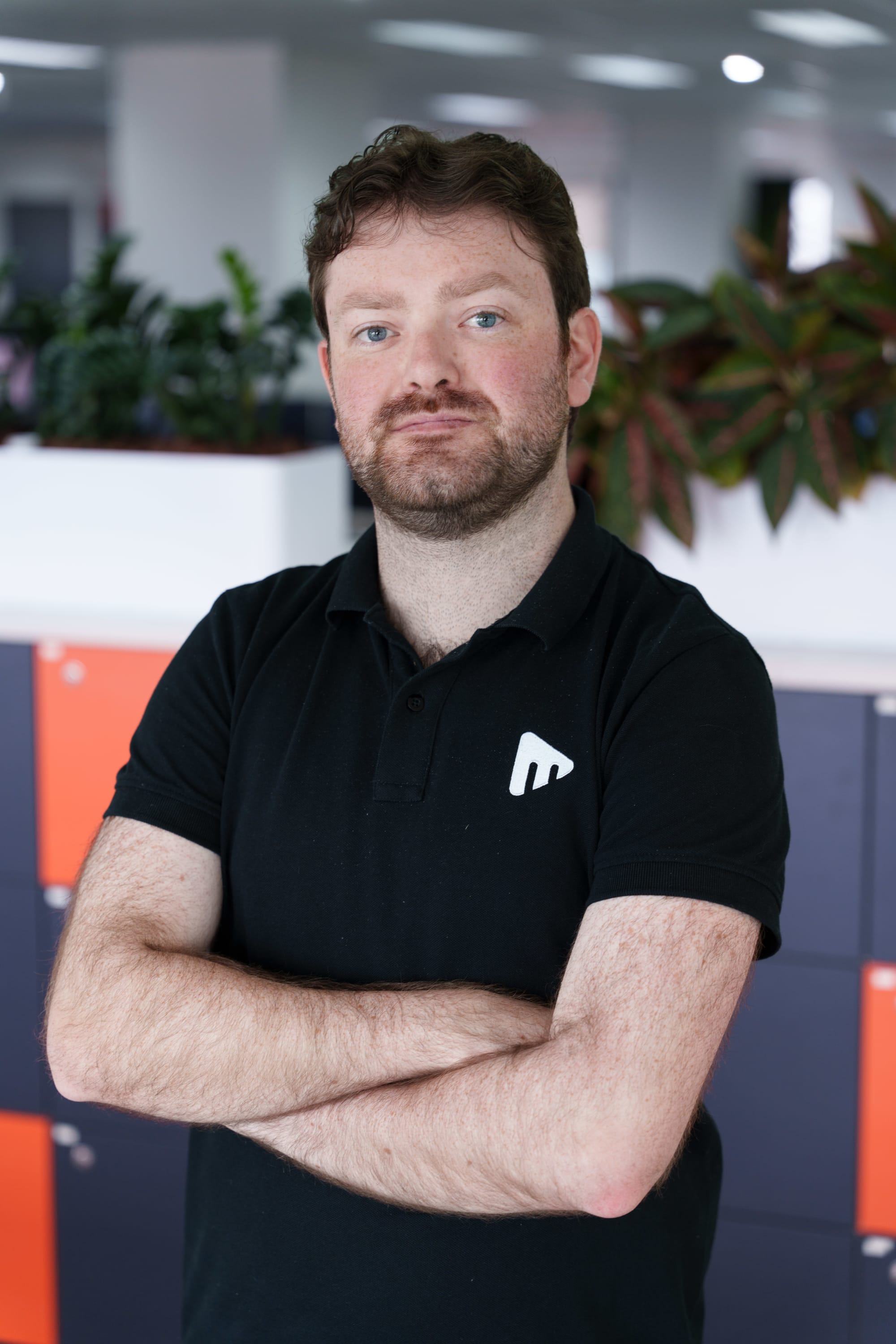An agency has decided to shift its focus from traditional growth models to prioritise technology, data, and cultural change to future-proof its business.
DiJones leaders Dean Mackie and Brent May spoke with editor Liam Garman on the REB podcast about how the agency leverages technology and centralised data to drive business growth.
Mackie and May, who together have over 40 years in real estate, believe the industry’s future depends on taking a fundamentally different approach.
Mackie, who has been the CEO of DiJones for six years, said that the network had directed a lot of its energy into growth, with internal innovation driving the business’s adaptive approach.
“I think the most important thing we have been focusing on is a really transformational change in the business, particularly around digital progression,” Mackie said.
“We’re really focusing hard on the cultural change that’s going on inside our business and our team’s readiness for the next phase.
“What we are most pleased with is our cultural readiness for change.”
May, who has been DiJones COO for over four years, said the agency’s expansion relies on flexibility, achieved through centralising its data.
“We’ve got a decentralised workforce, and you have to in today’s times to get through a growth and expansion focus,” May said.
“We knew that we needed to give every office access to scale, and the only way we could do that was by centralising.”
“That meant quite the transformation in terms of the way each office operated, the way we operated, and the things we are asking of our agents.”
Mackie said the brand’s rapid growth has shifted how they measure success, focusing on innovation, change management, and fast-paced progress.
How to approach change
May emphasised that industry professionals must understand both the process of change and the reasons behind it.
“You’ve really got to understand, before you take on the element of change, what are you actually trying to achieve?”
Mackie said that businesses often underestimate how long it will take for the change to stick, particularly when it comes to fundamentally changing their processes.
“If you’re making incremental changes, people can take it OK,” he said.
Mackie said that significant, fundamental changes often encounter resistance, as real estate professionals are wary of pushing agents out of their comfort zones and risking turnover.
He noted that the benefits of change are rarely felt immediately, but reflecting on why the process feels challenging can provide valuable insight.
“I think that is the issue in our industry that is holding us back,” Mackie said.
“Lots of people are happy to go apply a little piece of technology that fits a little thin wedge without considering the bigger impact.
“They think they’ve got to do it because it is the latest and greatest.”
Similarly, May said that companies tend to apply technology to fix a small problem, only to create a bigger one.
“I think it’s important to take the satellite view, and actually stop off and say, ‘Why are we actually doing this?’ May said.
He said there’s no set formula for making change, and that success can take many different forms.
“The reality is that you have to feel your organisation,” May said.
“I relate it to a story. You’re constantly in chapters, and sometimes chapters feel really good, and sometimes they don’t feel so good.”
Implementation of technology
May said that he often describes DiJones as a “bionic company” due to its well-developed relationship with technology.
“It’s driven by how people engage with technology and how technology is set up to engage with people.”
Mackie said that the brand’s technology usage led to centralising their data, enabling them to stay ahead of the curve and move away from a more traditional approach.
“I think the model traditionally has been people working in isolation, in silos and in competition with each other, whether it is inside an office or even inside one brand.
“The transactional and silo-based nature of the industry has probably driven that behaviour.”
He said that well-organised networks and data platforms allow for highly targeted, personalised marketing to prospects without relying on traditional channels.
“We know already that 82 per cent of people we have sold a property to in the last six months have been in our infrastructure for more than six months.”
Mackie said that DiJones uses centralised, real-time data and AI to anticipate client needs and engage with them proactively.
“We use AI to identify certain triggers and behaviours they are doing to identify and predict what they are likely to do next,” he said.
Additionally, May said that the data offers more than just a chance to deliver personalised services.
“The reality is what sits within your data is relationships or the opportunity to have relationships” May concluded.
Listen to the whole podcast here.
ABOUT THE AUTHOR

Mathew Williams
Born in the rural town of Griffith NSW, Mathew Williams is a graduate journalist who has always had a passion for storytelling. Having graduated from the University of Canberra with a Bachelor of Sports Media in 2023, Mathew recently made the move to Sydney from Canberra to pursue a career in journalism and has joined the Momentum Media team, writing for their real estate brands. Outside of journalism, Mathew is an avid fan of all things sports and regularly attends sporting events across Sydney. Get in touch at







You are not authorised to post comments.
Comments will undergo moderation before they get published.